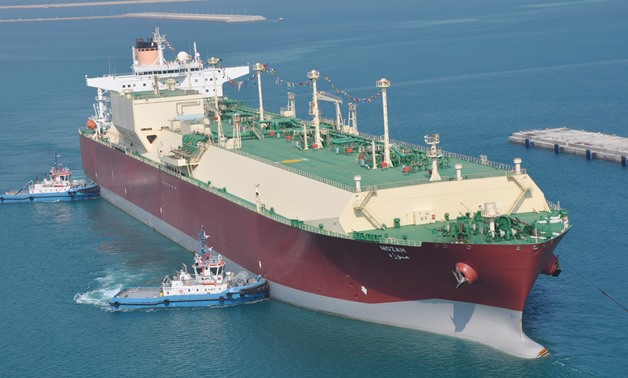
LNG ship - Wikipedia
SYDNEY/MELBOURNE- 27 September 2017: Australia’s three east coast LNG plants have staved off threatened export curbs after promising to plug a projected domestic gas supply shortfall in 2018, Australian Prime Minister Malcolm Turnbull said on Wednesday.
The agreement follows six months of government pressure on the producers of liquefied natural gas (LNG), led by Royal Dutch Shell, ConocoPhillips, Origin Energy and Santos Ltd, who have been blamed for sapping the local market of gas and driving up prices.
The Australian Energy Market Operator (AEMO) this week projected there would be a gas shortfall of between 54 and 107 petajoules in 2018, or up to 17 percent of demand, which the companies have now vowed to supply.
“They have given us a guarantee that they will offer to the domestic market the gas that was identified as the expected demand shortfall, by AEMO, in 2018,” Turnbull told reporters in Sydney after meeting with the three LNG operators.
The threat of export controls on the three LNG plants had raised alarm about sovereign risk, especially for the investors in those plants and their Chinese, Japanese, Korean and Malaysian customers.
Gas has become a hot political issue as soaring prices are hurting households and threatening jobs at manufacturers like food, building materials and chemical producers, as well as driving up electricity prices, as gas-fired power is needed to back up wind and solar energy.
To deal with the crisis the government passed a law earlier this year that would allow it to limit exports from any of the three LNG plants on the east coast to beef up local supply in any year that it deems there will be a shortfall.
For 2018, the export controls will now not be invoked.
“We are very pleased to contribute to a solution which will provide certainty for Australian customers to have access to available gas,” Australia Pacific LNG chief executive Warwick King said in emailed comments. Australia Pacific LNG is run by ConocoPhillips and Origin.
Shell said it had set up an Australian trading business because it saw an opportunity to sell gas from Queensland to customers in the country’s southeast, where there is little competition among suppliers.
The deal did not include a guarantee on prices. Turnbull said prices would “vary with the global price.”
The Australian Competition and Consumer Commission this week flagged that producers were offering gas at A$10-$16 a gigajoule to industrial users, well above the forecast Asian LNG price LNG-AS for 2018 netted back to Australia plus local pipeline costs, which worked out to A$7.77.
“The new announcement should open up the market for contracting again and flush out the real demand, as the 107 PJ supply shortfall announced by AEMO remains highly questionable,” said Wood Mackenzie analyst Saul Kavonic.

Comments
Leave a Comment